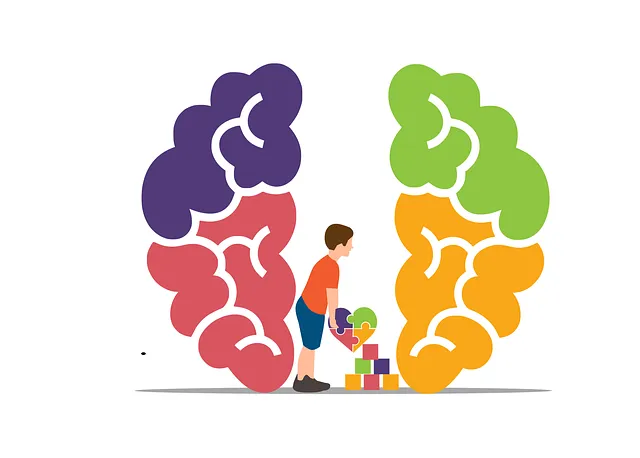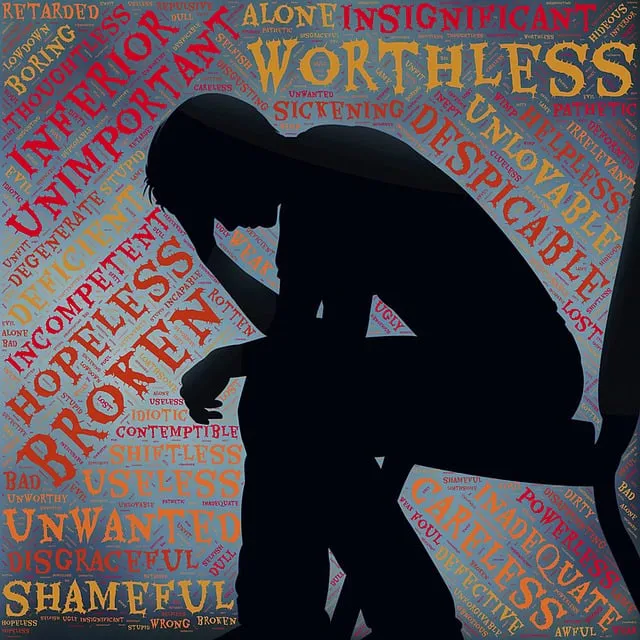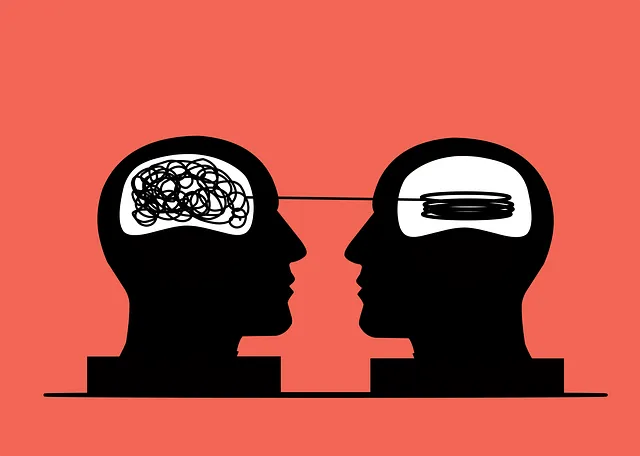Boulder Kaiser Permanente behavioral health services reviews highlight the importance of equipping individuals with robust coping skills for mental well-being. These services emphasize self-awareness exercises, mood management techniques like mindfulness and cognitive reframing, and effective communication strategies. By identifying personal coping styles and integrating evidence-based therapies like CBT and mindfulness, they foster holistic care and build resilient communities. Positive customer reviews attest to the tailored interventions, community outreach, and support networks these services provide, enhancing mental health and well-being through diverse programs accessible to all.
In today’s fast-paced world, developing robust coping skills is essential for maintaining mental well-being. This article explores various facets of coping skills development, offering insights into how individuals and communities can foster resilience. From understanding the foundational role of behavioral health services to identifying personal coping styles and leveraging evidence-based techniques, we delve into strategies that empower folks. Additionally, we highlight the significance of supportive networks and community resources, drawing from Boulder Kaiser Permanente behavioral health services reviews for real-world perspectives.
- Understanding Coping Skills: A Foundation for Mental Well-being
- The Role of Behavioral Health Services in Developing Resilient Coping Strategies
- Identifying Personal Coping Styles: Strengths and Challenges
- Evidence-Based Techniques for Effective Coping Skills Development
- Building a Supportive Network: Community Resources and Peer Connections
Understanding Coping Skills: A Foundation for Mental Well-being

Coping skills are essential for maintaining mental well-being, and Boulder Kaiser Permanente behavioral health services reviews highlight the importance of equipping individuals with effective strategies to navigate life’s challenges. Understanding coping skills involves recognizing that they are the tools and mechanisms people use to handle stress, emotions, and difficult situations without resorting to unhealthy behaviors. These skills foster resilience, enabling individuals to adapt and recover from adversity.
At Boulder Kaiser Permanente, behavioral health services emphasize self-awareness exercises as a cornerstone of coping skill development. By increasing awareness of one’s thoughts, feelings, and triggers, individuals can gain valuable insights into their emotional responses. This self-reflection is crucial for implementing effective mood management techniques, such as mindfulness practices or cognitive reframing, which help in regulating emotions and maintaining a sense of calm. Additionally, communication strategies are integral to building strong coping skills, fostering healthier relationships, and seeking support when needed.
The Role of Behavioral Health Services in Developing Resilient Coping Strategies

Behavioral health services play a pivotal role in empowering individuals to develop resilient coping strategies. Organizations like Boulder Kaiser Permanente offer a range of resources designed to enhance mental well-being and promote effective stress management. Through specialized programs, these services address various aspects of behavioral health, from counseling and therapy to public awareness campaigns that foster Mental Health Awareness.
One notable aspect is their commitment to providing tailored interventions, catering to diverse needs. This includes Stress Management Workshops aimed at teaching practical techniques for navigating life’s challenges. By integrating such initiatives into the community, Boulder Kaiser Permanente behavioral health services reviews consistently highlight their effectiveness in building resilience and improving overall coping abilities.
Identifying Personal Coping Styles: Strengths and Challenges

Identifying your personal coping styles is a crucial step in enhancing mental health and well-being. At Boulder Kaiser Permanente behavioral health services, we often emphasize that understanding one’s unique coping mechanisms can be both empowering and transformative. Every individual has their own way of dealing with stress, challenges, and difficult emotions—some engage in physical activities like exercise or meditation for burnout prevention, while others find solace in creative outlets or spending time in nature to reduce stress levels.
By recognizing these personal coping styles, individuals can leverage their strengths. For instance, if someone discovers they excel at cognitive reframing, where they challenge negative thoughts, this method can be a powerful tool for managing anxiety and depression. Conversely, understanding challenges associated with certain coping styles is also enlightening. Some strategies, while effective for some, may not address underlying issues of mental health awareness or could even lead to avoidance behaviors. Identifying these patterns helps in adopting a more balanced approach to stress reduction methods.
Evidence-Based Techniques for Effective Coping Skills Development

In the realm of mental well-being, Boulder Kaiser Permanente behavioral health services reviews highlight effective coping skills development as a cornerstone of holistic care. Evidence-based techniques such as cognitive-behavioral therapy (CBT) and mindfulness practices have proven pivotal in equipping individuals with adaptive strategies to navigate life’s challenges. CBT, for instance, aids in identifying and modifying negative thought patterns, fostering healthier emotional responses and decision-making processes. Mindfulness, on the other hand, teaches individuals to be present in the moment, enhancing self-awareness and stress management skills.
Beyond individual therapy, Community Outreach Program Implementation plays a crucial role in promoting coping skills development at a community level. Programs designed to offer Mental Health Education can empower individuals with knowledge about various mental health conditions, dispel myths, and provide practical tools for managing stress and emotions. Social Skills Training also contributes significantly by helping individuals develop positive interpersonal relationships, which are vital support systems during stressful times. Such initiatives, integrated within a comprehensive framework, contribute to a more resilient community where members can effectively cope with life’s challenges.
Building a Supportive Network: Community Resources and Peer Connections

Building a strong support network is an essential component of coping skills development, and community resources play a pivotal role in this process. Organizations like Boulder Kaiser Permanente behavioral health services offer a range of programs designed to help individuals navigate challenges. Their reviews often highlight the positive impact of these services, especially in fostering connections and providing accessible trauma support. Peer connections are a powerful tool for coping; they offer understanding, shared experiences, and practical advice from those who have successfully navigated similar struggles.
Leveraging community resources allows individuals to access not only professional Mind Over Matter Principles but also peer-led groups that promote Stress Management. These networks create a sense of belonging and can be a reliable source of ongoing support. By connecting with others, whether through formal services or informal gatherings, individuals can build resilience, gain new perspectives, and develop coping strategies tailored to their unique needs.
Coping skills development is an essential aspect of maintaining mental well-being, as evidenced by the comprehensive strategies outlined in this article. By understanding our personal coping styles and leveraging evidence-based techniques, we can enhance our resilience. Boulder Kaiser Permanente behavioral health services reviews highlight the positive impact of specialized support, emphasizing the importance of access to quality care. Building a robust network of community resources and peer connections further strengthens our ability to navigate challenges effectively. Through these integrated approaches, individuals can cultivate robust coping skills, fostering a more balanced and fulfilling life.


